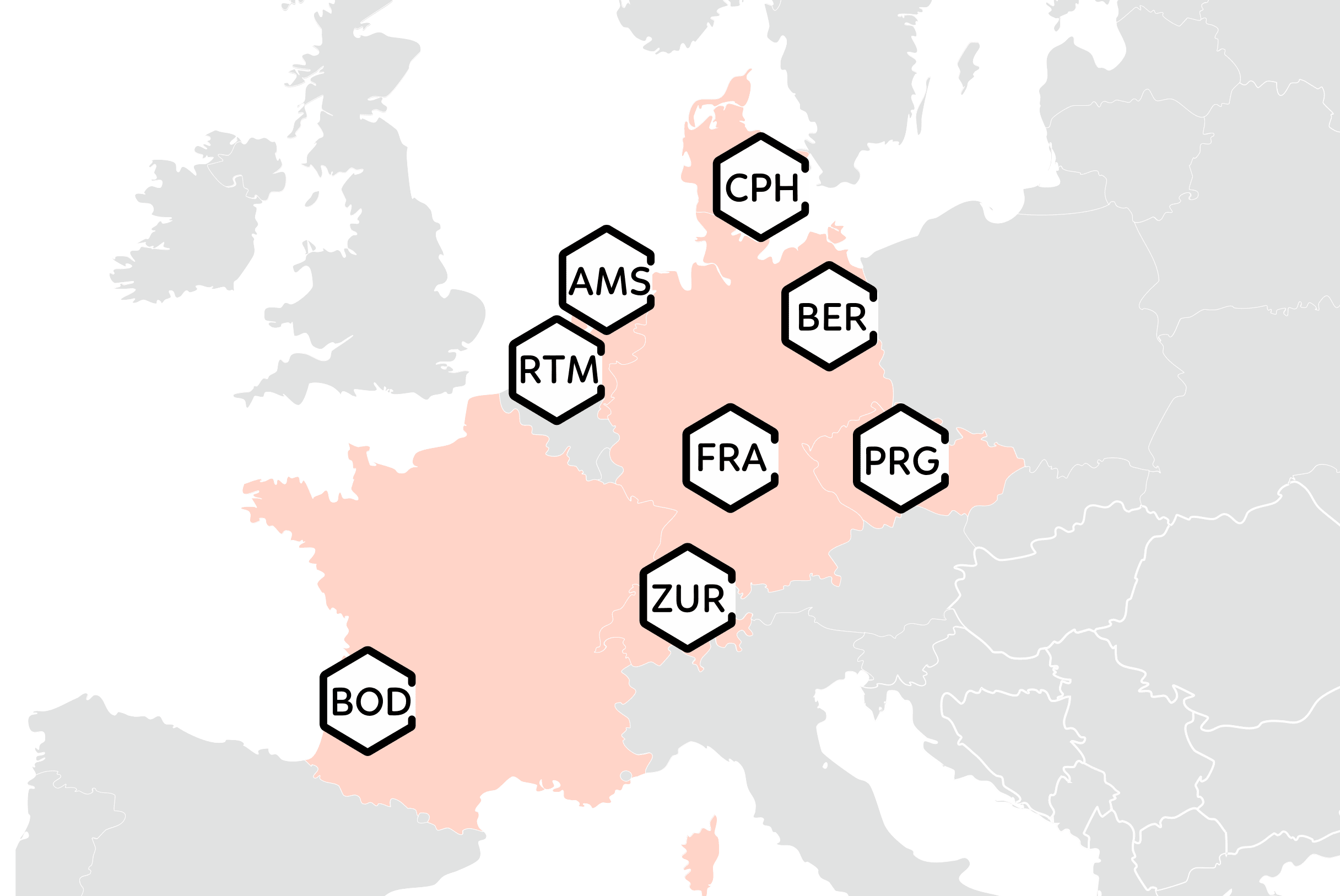Cultures of drug use are deeply interwoven into public spaces, everyday lives, and the contested governance of European cities. Particularly over the last forty years, we see the governance of narcotic practices play a crucial role in the production and control of public spaces. An examination of these forms of control offers a lens to focus our understanding on historical and present-day forms of urban exclusion, marginalization and integration – particularly in relation to issues of gender, class, race, and disability. Moving beyond stereotypes and stigmatization, we look at how control is exercised and how bodies and identities are disciplined in order to understand how these processes are entangled in the production of narcotic spaces of pleasure, fear, and everyday life.
Our project asks: How have the conflicts around public drug use impacted the social and cultural fabric of European cities in the late 20th and early 21st century? What imaginary geographies of urban narcotic cultures have emerged? How have cities regulated contested sites of drug use? Which actors and social movements have questioned these politics of stigmatization and suggested alternative visions for urban space?
Governing the Narcotic City is working to construct an open-access Archive of public drug cultures. Cutting across different spaces and legal regimes, intentions, and actors, this digital archive is envisioned to unsettle taken-for-granted assumptions about how narcotics, space, cities, activism, and governance are intertwined.
Europe-wide collaboration
For this purpose, we are collaborating with nine local non-profit organizations across Europe. From running needle exchanges to archiving biographies of drug users, these associations have been working first-hand in the field for decades. Their expertise will form the foundation of the Narcotic City Archive.
Also, we achieved to get a number of associated researchers on board who will, with their respective expertises from different fields, provide the project with valuable insights from varying perspectives and international backgrounds.
